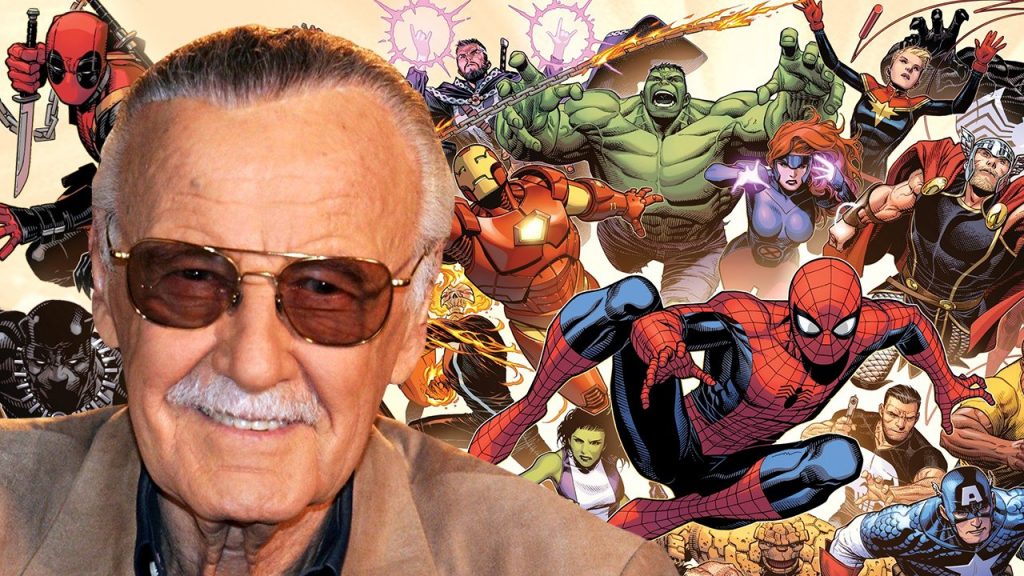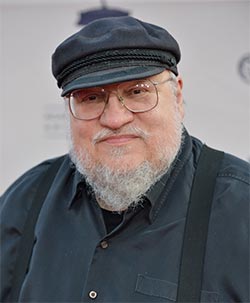
No big news here, but it has been a week or so since my last blog post, so I thought I would say hi. I am still up in the mountains, doing the social distancing rag, and writing WINDS OF WINTER. I have good days and bad days, but I am making progress.
Most of the world remains closed, including my theatre and bookshop, the Jean Cocteau Cinema and Beastly Books. I had originally announced that we would re-examine the situation come April 15. That date is now upon us, and it is obvious that I was wildly optimistic in hoping we might even consider re-opening then. No. Won’t work. We’re going to remain shut until JUNE 1. Then, once again, we will revisit the question, once we see what state the world is in.
I am continuing to pay my staff during this closure, something I wish more small businesses would do. Beastly Books is still selling signed books by mailorder. Every order helps keep us afloat, so please take a look at our offerings: https://jeancocteaucinema.com/product-category/signed-books/
Along the same lines, though we cannot of course open our theatre to the public while coronavirus still rages, the JCC has gone virtual, and is screening new and old movies that way. For details on our Virtual Feature of the Week, go to https://jeancocteaucinema.com/
Hollywood has largely closed down as well, at least as far as actual production is concerned. (If this pandemic goes on long enough, I wonder if the pipeline will go dry, and we will start to run out of new films and television shows. If so, sheltering in place is going to get an order of magnitude harder. Television right now is doing a lot to keep us all sane — and no, not the news, which has the opposite effect). But while nothing is being filmed right now, development is continuing apace, since writers can still write at home. The only thing I am writing myself is THE WINDS OF WINTER, as I have said many times… but with my producer’s hat on, I am still involved in a number of exciting new shows for HBO, and a few film projects as well. When and if any of these make it to the screen, well, that’s always the question… but I do know that Ryan Condal and his team are roaring ahead on the scripts for HOUSE OF THE DRAGON, and that one has a full season’s order from HBO. As for the other stuff I may or may not be involved in, I could tell you, but then I’d have to kill you all.
Oh, of course, I am doing a lot of reading these days. Rereading too. Some of my favorite writers are Robert A. Heinlein, Roger Zelazny, Tony Hillerman, Nnedi Okorafor, Howard Waldrop. Oh, and that GRRM guy did some good stuff too, before he started that fantasy series. Some of his old stories might even make good movies, donchaknow. (No, seriously, you guys should check out DREAMSONGS. Signed copies available from Beastly Books).
I have also been trading emails with my friends down in New Zealand. CoNZealand, this year’s World Science Fiction Convention, has also gone virtual in response to the crisis. A prudent move, but a challenging one. As this year’s Virtual Toastmaster, I am still going to be hosting the Hugo Awards… virtually. That should be… interesting. Especially for me, since I am one of the least tech savvy guys in fandom. I still write my novels with WordStar 4.0 on a DOS computer, after all, and when I interface with the internet it is mainly through this blog. (Good thing Howard Waldrop isn’t going to be hosting. He still works on a manual typewriter).
Anyway, the Kiwis have some smart guys working for them, and they assure me everything will go fine. They are working out the tech now, and we hope to have several trial runs before The Big Night. We are all certainly going to try to do our best. I expect there will be glitches and mistakes, many of them doubtless mine, but I do hope all those looking in will be patient and understanding. In any case, the rockets will be handed out one way or t’other, though the actual delivery may have to be entrusted to DHL or Federal Express.
Some cool stuff happening with WILD CARDS that I should mention. Check out our Wild Cards website, if you haven’t seen it in a while. Lots of great content there for you to explore, including a new blog post every two weeks by a rotating cast of our amazing Wild Cards writers. You will find it at https://www.wildcardsworld.com/
We also have a brand new Wild Cards original coming out at the end of this month from Harper Collins Voyager in the UK. The title is THREE KINGS, and it’s a full mosaic, was edited by Melinda M. Snodgrass (yours truly assisting), and features contributions from Peter Newman, Peadar O’Guilin, Caroline Spector, Mary Anne Mohanraj, and Melinda herself. It’s a sequel to KNAVES OVER QUEENS, and like that volume it is set entirely in the British Isles and features an English and Irish cast. (More on that one in a later post).
There’s more, of course. There’s always more. But this post has grown long enough, and Westeros is calling.
Current Mood:  busy
busy




 morose
morose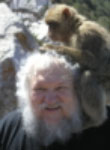
 anxious
anxious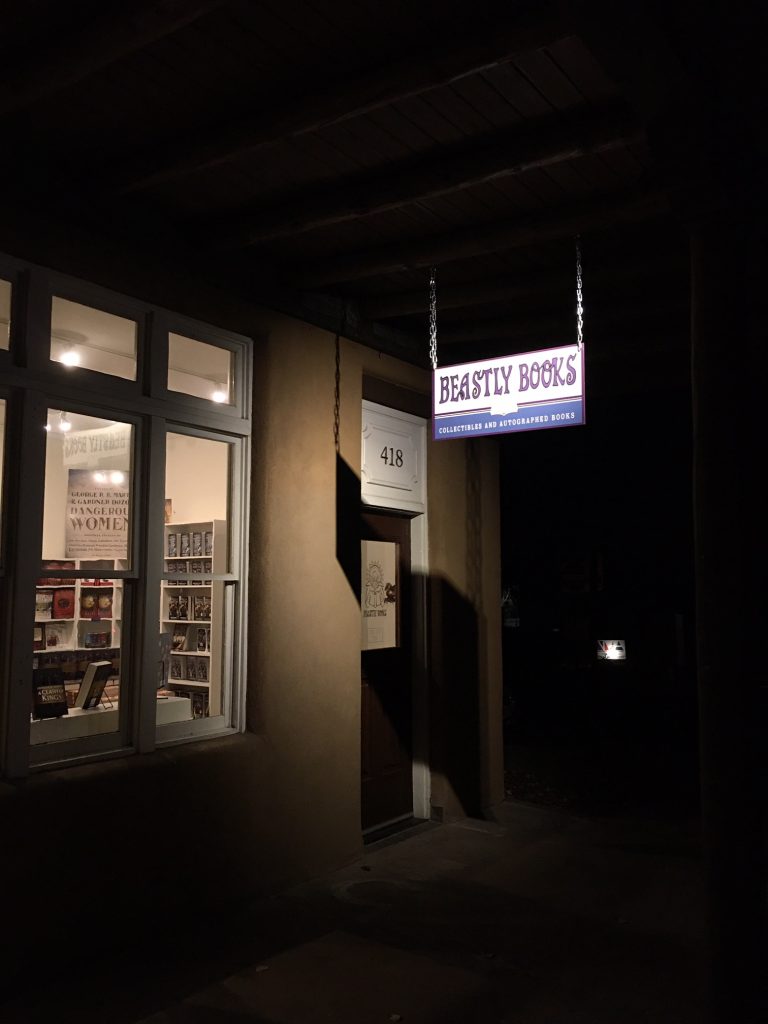
 sad
sad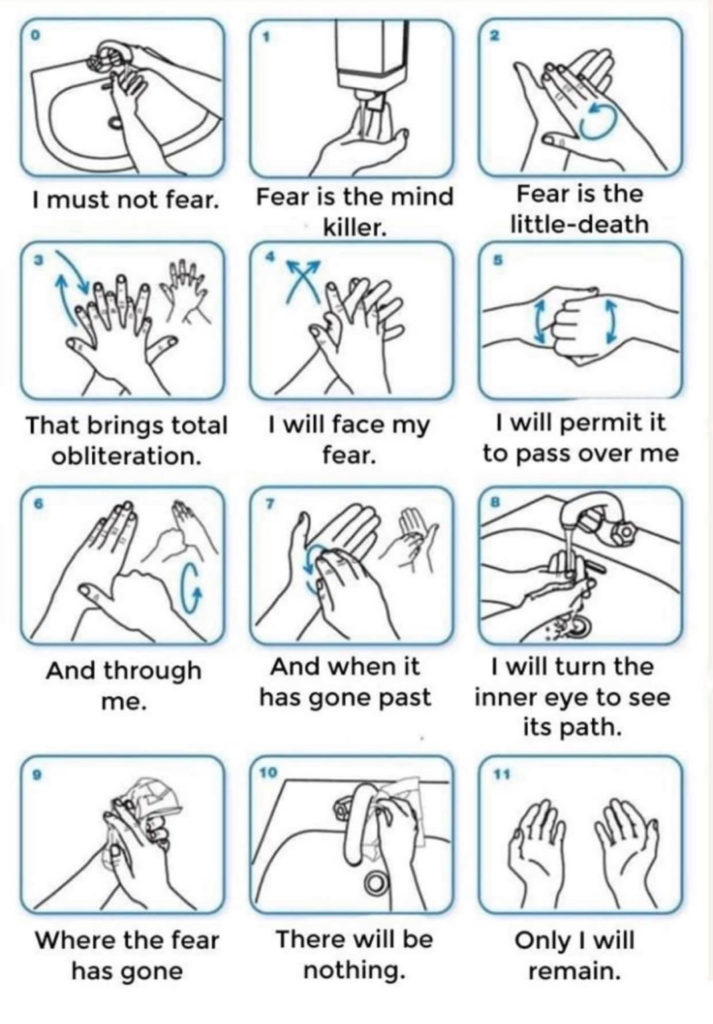
 stressed
stressed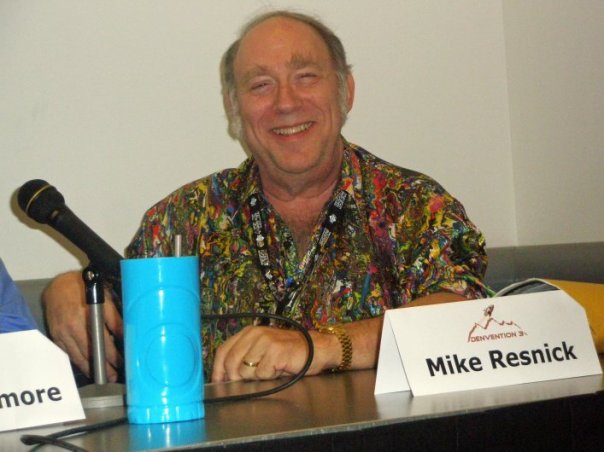
 melancholy
melancholy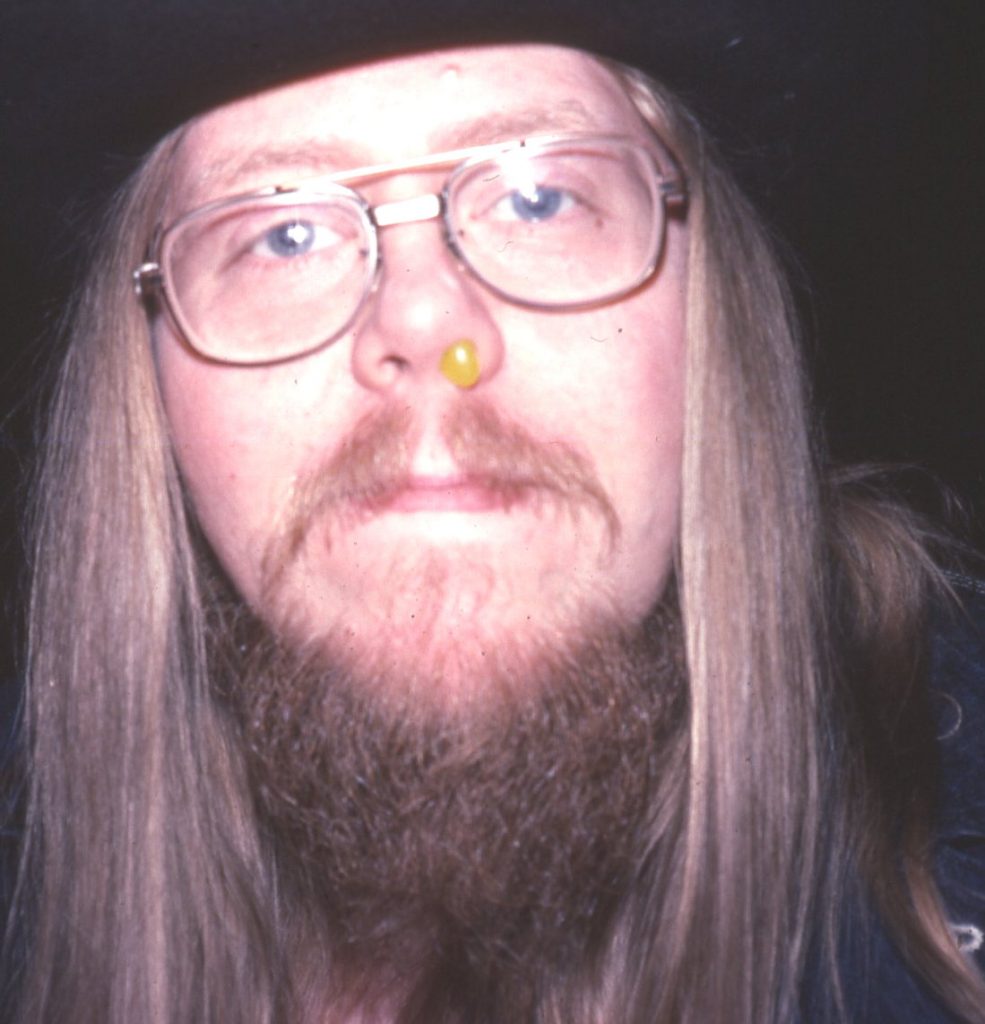

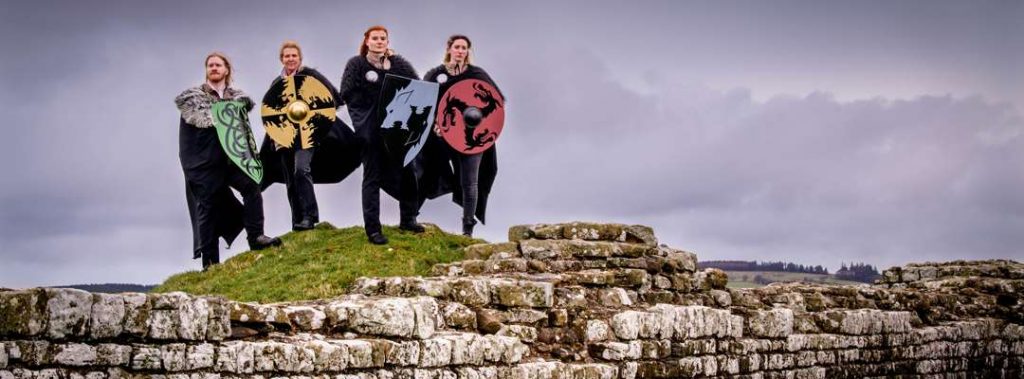
 amused
amused